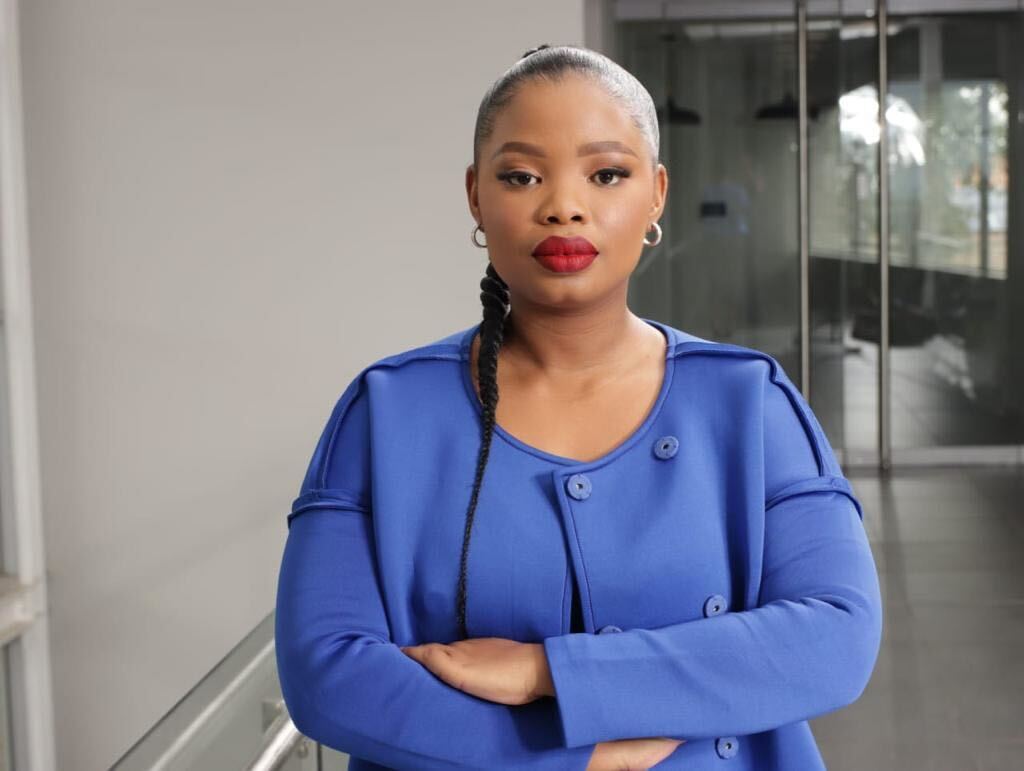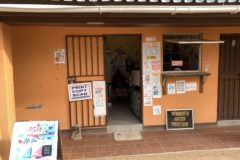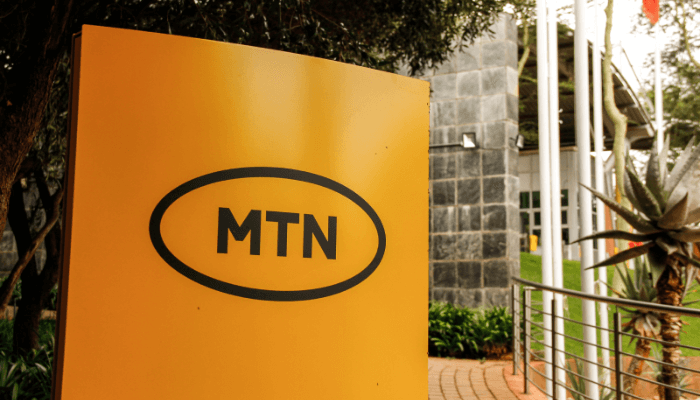Palesa Tabai, programme lead at I’M IN Accelerator, expounds on the accelerator’s mission to drive inclusion in South Africa’s tech startup ecosystem.
According to reporting by Harvard Business Review, black founders receive roughly 1% of VC funding. The publication further states that one of the reasons for this is that venture capital investors, who are largely white, aren’t good at recognising and developing black entrepreneurs. This is a problem that I’M IN Accelerator is trying to address.
Founded in 2015 and based in South Africa, I’M IN Accelerator focuses on launching black-founded, high-growth start-ups into the African technology sector by providing opportunities to technically apt founders with limited access to resources.
The accelerator, through its programmes, partners with entrepreneurs to build technology-enabled solutions, facilitating access to various early-stage funding vehicles in conjunction with business development support and one-on-one mentorship from industry specialists.
For this episode of Ask An Investor, TechCabal caught up with Palesa Tabai, programme lead at the accelerator, to get more information on its acceleration strategy, challenges and opportunities in South Africa’s early-stage startup ecosystem and much more!
Please share more about the work that you do at I’M IN Accelerator.
Palesa Tabai: I’M IN Accelerator was established in 2015. One of the co-founders realised that most startups in South Africa were not investment-ready. What we do is that we partner with black tech startups in South Africa with limited resources to help them become investment-ready when they go into the market for fundraising.
We engage our in-house fund managers and investors to identify sectors where there are pertinent problems which can be solved via technology. We then identify startups in those sectors and bring them for acceleration and pre-seed funding where we write cheques up to R2 million (~$106,000).
We also host various events as part of our pipeline development. During these seminars, we identify potential portfolio companies. We also do calls for applications each year.
Why is the sole focus on just black startup founders?
PT: What we’ve seen from the research we have conducted is that less than 2% of venture capital goes towards black-owned, and women-owned tech startups because investors deem them not investment-ready. So no one wants to take a risk with these startups. So that’s why that demographic is our main focus.
How exactly does the accelerator take a startup to a point of investment readiness?
PT: We have outlined criteria for startups to be part of our programme. Tantamount to that criteria is that we focus solely on accelerating black South African startups which have some significant traction. By traction, I mean that we need to see that they actually have customers who bring in some revenue. We don’t take anyone who does not have a tried and tested product because we need to have an idea of whether the problem you are trying to solve does exist and is worth solving from a business sense.
The acceleration programme itself is 10 months. Initially, after the vetting process, we engage in an intensive due diligence process where we partner with technology experts, market experts, and business experts and take a deep dive into each business to ensure whether this business actually has the possibility to scale.
During the acceleration, we have a template called the “Growth Strategy Template”. This actually highlights everything about the businesses; the weaknesses, the strengths, and the plan of what they need to do to actually convince investors to put money into their business.
We also have seasoned and matured startups which we pair with mentors or give them the interventions that align with where they are in their lifecycle. For instance, we actually just worked with a startup which graduated and went on to raise R7 million. So the kind of acceleration services that you’d give that particular startup would be completely different from the ones that you’re given to those who are still very new.
You stated that you provide up to R2 million (~$106,000) in funding. How much equity do you take for this investment?
PT: What we do is use convertible notes with our portfolio startups. So how a convertible note works is that we’re giving you money today, seen as a loan, then after five years, we can convert that loan into equity. So we don’t take equity right away.
How much traction have you garnered in your eight years of operations?
PT: Since we have been in the market, we have accelerated over a hundred tech startups. So accelerated doesn’t necessarily mean that you are going to get funding. It just means that we have given you the resources to help build your business to be market-ready. So out of those hundred, about 50 of those startups were able to get the pre-seed investment from IDF Capital. The minimum check we’ve given over the years is a minimum of R1 million (~$53,000) and a maximum of R2 million (~$106,000). Out of those 50 startups, 30% were able to raise additional follow-on funding to a combined total of R67 million (~$3.5 million).
From your operations, what challenges and opportunities have you identified in the South African tech ecosystem?
PT: The challenge we have seen is that we have a lot of tech startups in the ecosystem, but there aren’t as many tech accelerators that are able to help them. Also, there aren’t as many fund managers who are willing to actually deploy capital in these startups.
In terms of opportunities, we are in discussions with different corporates to give us as much money as they can so that we can deploy it into these tech startups. We have spoken to the likes of Telkom, PwC, FutureMakers, IDC and many more who have been receptive to our mission. We have also closed a deal with JPMorgan which wants us to go to universities without that much entrepreneurial activity. We are to identify with women entrepreneurs to spot viable ideas and help them from the ideation stage to proof of concept and then MVP.
What do you think is the future of the startup ecosystem in South Africa, especially for marginalised demographics?
PT: I’m still very much hopeful, and I think that the work that we do is important in the ecosystem. Technology is the best next thing for us as a society, as a country and as the world at large. For us, it’s just about how we go about the interventions that we offer these startups. Also, I think, what’s important is corporates, fund managers as well as accelerators and incubators coming together to have a conversation on how we can support these startups to the best of our abilities.
Interview has been edited for length and clarity.





















